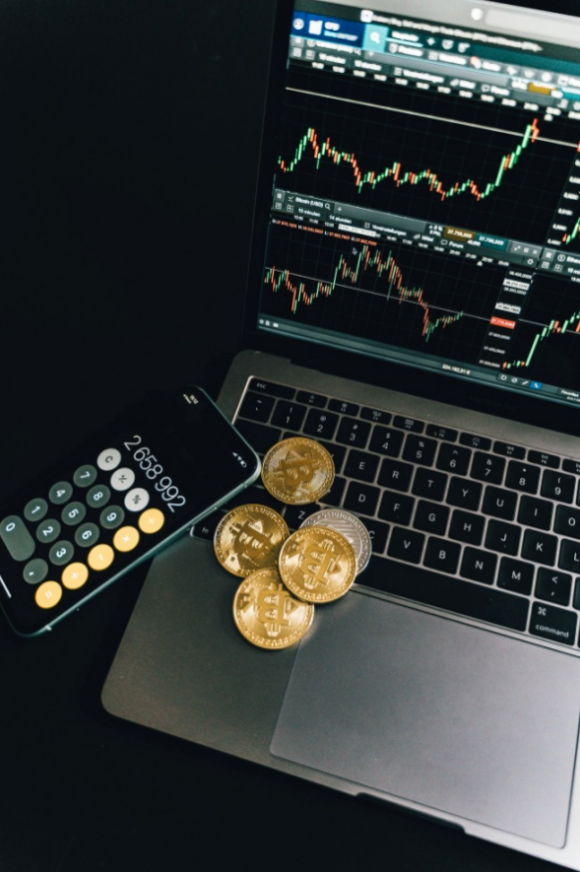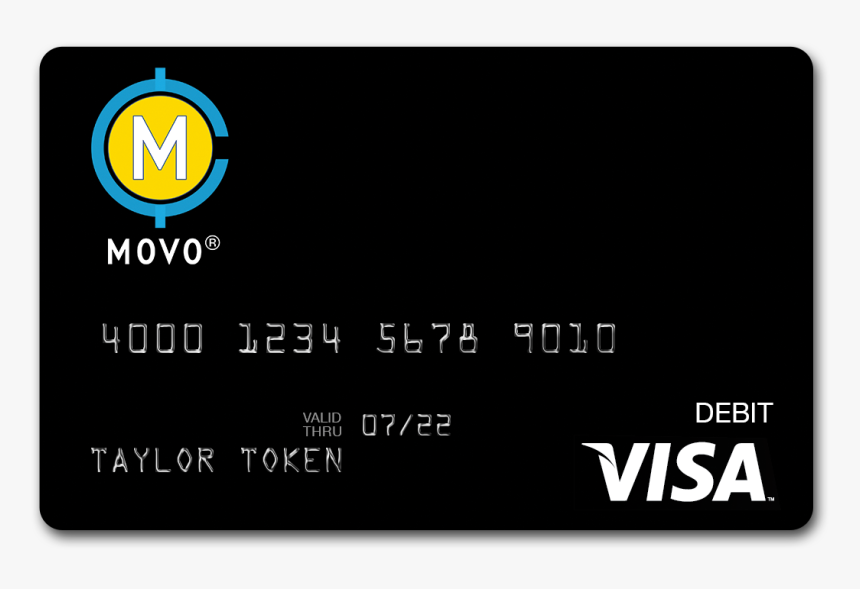The Rise of Cryptocurrency in Global Markets
Over the past 10 years, cryptocurrency has changed from a little-known digital experiment to a rising force in the international financial system. It all started in 2009 with Bitcoin and has gathered such amazing momentum that we now find ourselves in a cryptocurrency world that is developing rapidly and threatening potentially to upend the traditional financial system. The emergence and growing acceptance of thousands of alternative coins — and a new phenomenon called initial coin offerings — constitute the biggest changes in the financial landscape since the Great Recession.
Understanding Cryptocurrency
Digital or virtual forms of currency are not quite the same as those of traditional fiat currency. For one, they use cryptography to keep transactions secure. And, rather than a central authority like a government, virtual currencies rely on something called a "blockchain," which is a digital ledger that records, in a sort of permanent way that almost guarantees transparency and security, all transactions across a vast network of computers. That nearly guarantees security too, by the way, because a hacker would have to break into all those computers to make anything go wrong. And, no, they wouldn't use printers.
Bitcoin, the initial and most known cryptocurrency, set the door for a boom of innovation. Currently, cryptocurrencies including as Ethereum, Binance Coin, and Solana have made their mark as important assets, each providing a purpose that extends beyond ordinary peer-to-peer transactions.
Why Cryptocurrencies Gaining Popularity all over the world?
Many things drive the swift ascent of cryptocurrencies in worldwide markets.

Accessibility: Anyone can access cryptocurrencies if they have an internet connection. This opens up a world of possibilities for many, not just in economically emerging areas but also in regions with unstable governments; they've seen and can know to access a technology that provides them with a secure, efficient means of transferring and storing value.
Tech Innovation: Smart contracts, decentralized applications (dApps), and blockchain-financial products keep diversifying the use cases of cryptocurrencies, drawing more retail and institutional investors.
Decentralization: The independence of cryptocurrencies from governments and central banks is one of their primary draws. Platforms for decentralized finance let people trade, lend, and borrow money.
Impact on Global Markets

The increasing embrace of cryptocurrency carries major consequences for worldwide exchanges. Huge entities like Tesla and Square have put Bitcoin on their balance sheets. Investable products have sprung up everywhere, including from the likes of Vanguard and Fidelity, seemingly ready to dip into the crypto well on behalf of their clients. In addition, nations such as El Salvador have even taken the step of declaring Bitcoin to be legal tender. This audacious action has provoked debate in other countries about the potential place of digital currencies in the economies of tomorrow.

Challenges and Risks
Price instability is a major worry, as huge swings can cause large amounts of cash to go poof in the blink of an eye or, worse, a whole couple of seconds, as the recent market downturn shows. Then there's regulation—or, more to the point, the lack of it. In the face of a burgeoning industry, the crypto-capitalists of this world are pricing in both the excitement and the uncertainty in the ups and downs of Bitcoin and other coins. Investor risks include security problems like hacking and other increasingly sophisticated fraudulent schemes.
Conclusion
Cryptocurrency is now the most significant financial distinct transformation since the introduction of the Internet to the global marketplace. It provides real opportunities for financial inclusion. It allows the expression of innovation and—if you look at it as an ecosystem, and if you look at the kinds of things that are being expressed in this ecosystem—there is no denying that there are opportunities for investment. But there are also new kinds of risks and challenges that you have to think through if you're a regulator.
(Writer:Seli)





